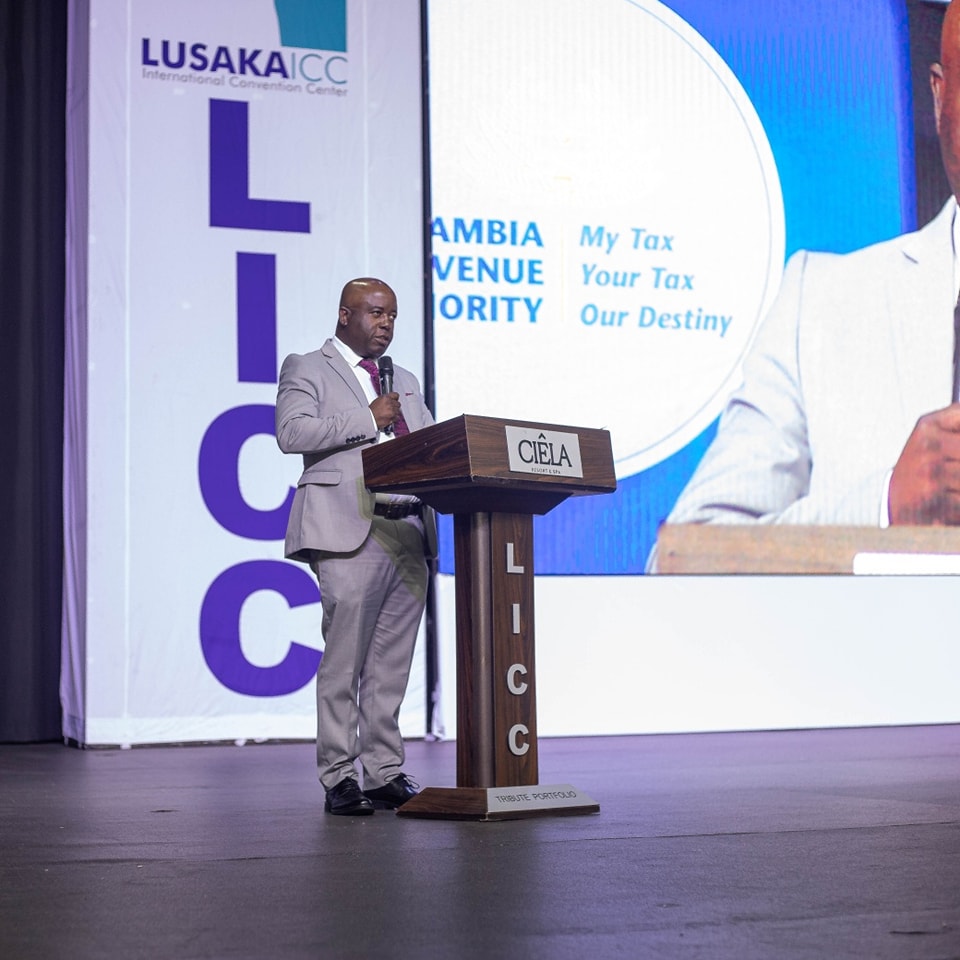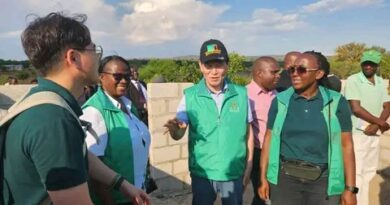EAZ Summit Addresses Drought Crisis and Sustainable Economic Transformation
The Economics Association of Zambia (EAZ) convened a national economic summit on July 25th and 26th, 2024, focusing on urgent responses to the severe drought that has gripped the nation.
The summit, themed “Sustainable Economic Transformation: Integrity in Climate Change Adaptation and Sustainable Financing,” underscored the need for innovative solutions and robust partnerships to navigate the crisis.
EAZ President Dr. Osward Mungule opened the summit by emphasizing the importance of market-based solutions and sustainable financing. He stressed the pivotal role of the private sector, supported by government regulations, in developing green financial solutions. Dr. Mungule highlighted the EAZ’s commitment to socio-economic development through research, training, education, and consultancy.
“The drought, declared a national disaster by President Hakainde Hichilema in February 2024, demands urgent and innovative responses,” Dr. Mungule stated. The summit aimed to explore challenges and opportunities related to climate finance, climate debt swaps, and budget support mechanisms.
Dr. Mungule also outlined the EAZ’s key functions, including research in economics, policy advice, and the facilitation of professional interactions through conferences and workshops. The summit focused on improving Zambia’s tax system, supporting micro and small enterprises, and fostering inclusive growth.
The Permanent Secretary of the Ministry of Green Economy and Environment, Dr. Douty Chibamba, addressed the urgent need for sustainable economic transformation. He highlighted the severe impacts of climate change on Zambia, particularly the ongoing drought, which has exacerbated food insecurity and economic instability.
Dr. Chibamba noted that the International Monetary Fund has downgraded Zambia’s GDP growth forecast for 2024 due to climate-related challenges.
“Economic growth must be sustainable, inclusive, and environmentally friendly to achieve our Sustainable Development Goals,” Dr. Chibamba emphasized. He outlined the government’s comprehensive response plan, which includes immediate, short-term, and long-term measures to address the drought.
Dr. Chibamba also pointed out that achieving Zambia’s climate goals will require significant financial resources, estimated between $17.2 billion and $25 billion for the Nationally Determined Contributions and $34.7 billion for the National Adaptation Plan up to 2055. He urged for increased partnerships and international cooperation to mobilize these funds.
The summit concluded with a call for a comprehensive national strategy for Zambia’s economic transformation, integrating climate change adaptation and sustainable financing. The EAZ aims to strengthen partnerships among stakeholders, including government, the private sector, and international organizations, to develop viable solutions for Zambia’s economic challenges.
Both Dr. Mungule and Dr. Chibamba expressed hope that the summit’s outcomes would lead to actionable insights and effective strategies for navigating the impact of climate change on Zambia’s economy.



